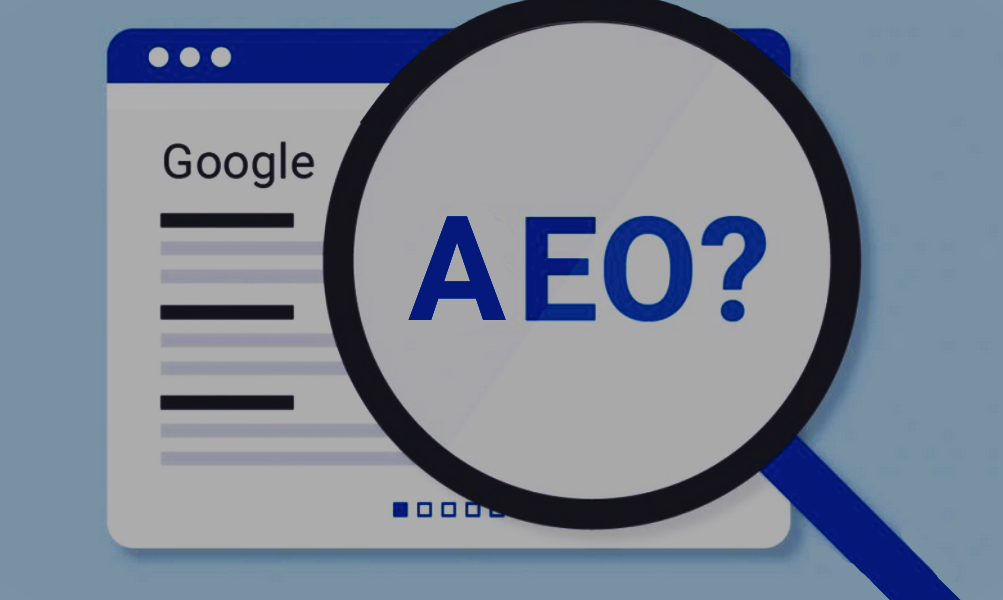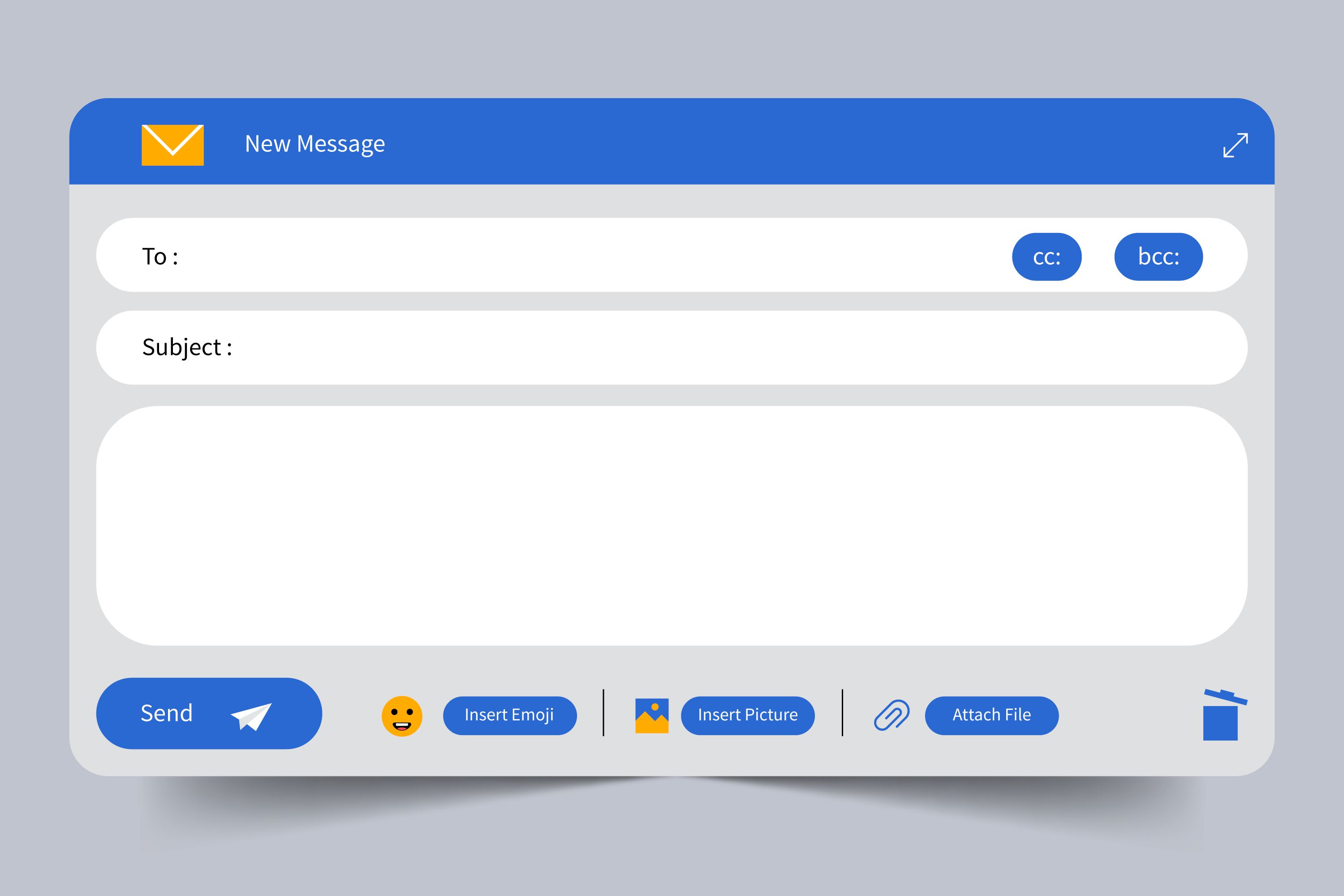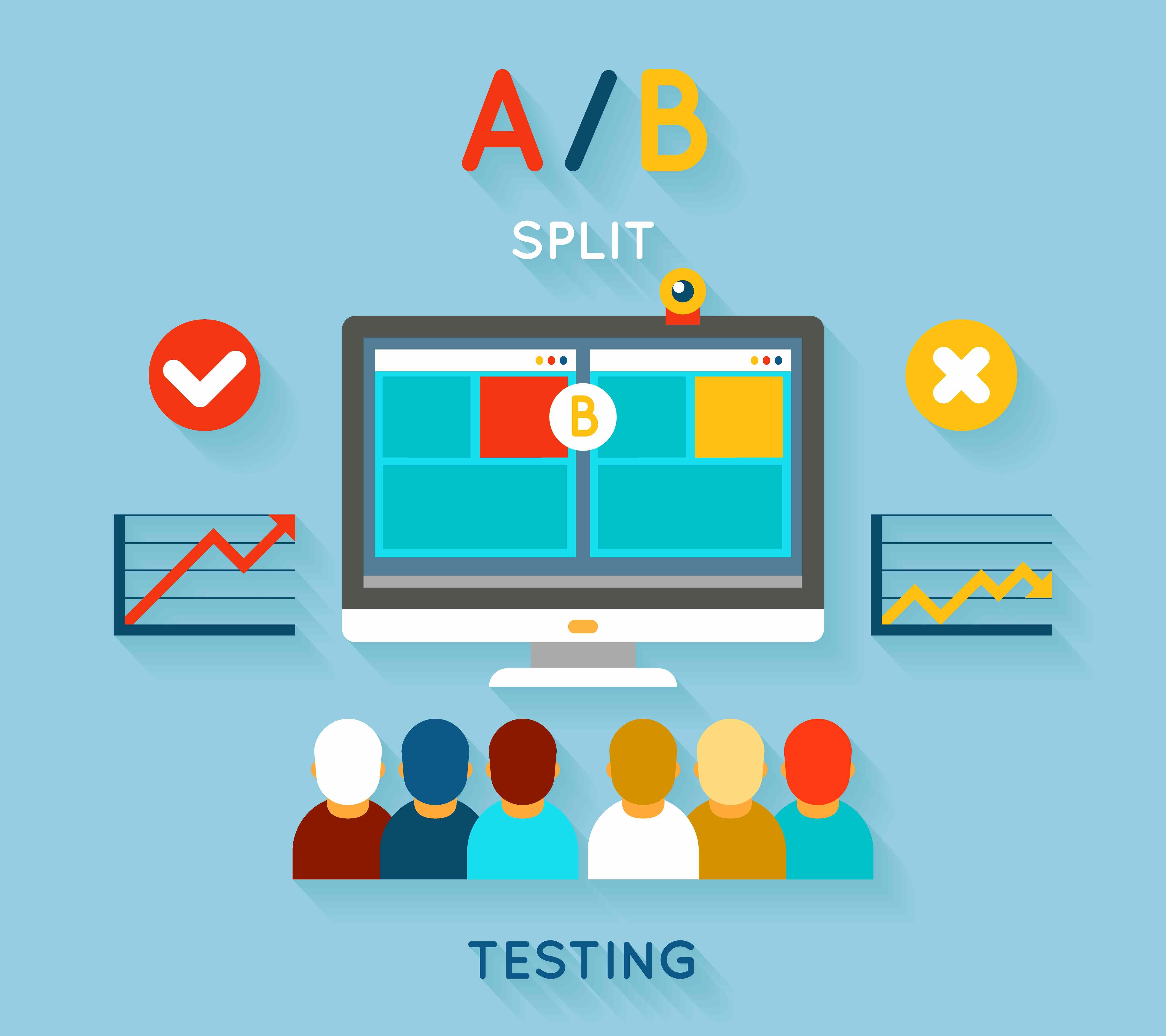Written by Ghullam Mustafa
Saturday, June 22, 2024 at 10:05 AM
Web improvement frameworks are crucial gear for builders, imparting dependent methods to construct and preserve web sites and net programs. In 2024, numerous frameworks preserve to dominate the landscape, every with specific features, strengths, and network support. Here`s an in-intensity study the pinnacle net improvement frameworks in 2024:
Top Web Development Frameworks in 2024
Web improvement frameworks are crucial gear for builders, imparting dependent methods to construct and preserve web sites and net programs. In 2024, numerous frameworks preserve to dominate the landscape, every with specific features, strengths, and network support. Here`s an in-intensity study the pinnacle net improvement frameworks in 2024:
1. React
Overview: React is a JavaScript library for building user interfaces, particularly single-page applications where you can create complex UIs from small, isolated pieces of code called "components".
Key Features:
- Component-Based Architecture: React encourages builders to construct UI additives, which may be reused throughout specific components of the application.
- Virtual DOM: This improves overall performance through minimizing the variety of direct DOM manipulations.
- Strong Ecosystem: Includes libraries like Redux for kingdom control and Next.js for server-facet rendering.
Resources to Learn React:
- Official Documentation: React Docs
- FreeCodeCamp: React Course
- YouTube Channels:
2. Vue.js
Overview: Vue.js is an open-source JavaScript framework for building user interfaces and single-page applications. Vue is designed to be incrementally adoptable.
Key Features:
- Reactive Data Binding: Synchronizes the version with the view seamlessly.
- Component-Based:Similar to React, it permits constructing reusable additives.
- Simple Integration: Can be utilized in huge tasks in addition to in small widgets.
Resources to Learn Vue.js:
- Official Documentation: Vue.js Docs
- Vue Mastery: Vue Mastery
- YouTube Channels:
3. Angular
Overview: Angular is a platform for constructing cellular and laptop net programs with the usage of TypeScript/JavaScript and different languages. Angular gives a whole answer with a wealthy set of gear.
Key Features:
- Two-Way Data Binding: Synchronizes the version and view.
- Dependency Injection: Makes additives more modular and reusable.
- Rich Ecosystem: Includes gear like Angular CLI for scaffolding tasks and Angular Material for UI additives.
Resources to Learn Angular:
- Official Documentation: Angular Docs
- Angular University: Angular University
- YouTube Channels:
4. Svelte
Overview: Svelte is a cutting-edge JavaScript framework that shifts lots of the paintings from the browser to the construct step, resulting in incredibly green programs.
Key Features:
- No Virtual DOM: Compiles additives into incredibly green vital code that immediately manipulates the DOM.
- Reactiveness: Reactivity is constructed into the language.
- Ease of Learning: The syntax is easier and more truthful than a few different frameworks.
Resources to Learn Svelte:
- Official Documentation: Svelte Docs
- Svelte Tutorial: Svelte Tutorial
- YouTube Channels:
5. Next.js
Overview: Next.js is a React framework that allows capability along with server-facet rendering and producing static websites.
Key Features:
- Hybrid Static & Server Rendering: Allows constructing programs which have each static and server-rendered pages.
- API Routes: Easily create API endpoints along your net pages.
- File-System Routing: Simplifies routing with the aid of using the use of the report gadget structure.
Resources to Learn Next.js:
- Official Documentation: Next.js Docs
- Next.js Learn: Next.js Learn
- YouTube Channels:
6. Django
Overview: Django is a high-level Python web framework that encourages rapid development and clean, pragmatic design.
Key Features:
- Batteries-Included: Comes with many integrated functions like authentication, ORM, and admin interface.
- Security: Includes protections in opposition to many vulnerabilities with the aid of using default.
- Scalability: Can deal with excessive masses and complicated programs.
Resources to Learn Django:
- Official Documentation: Django Docs
- Django Girls Tutorial: Django Girls
- YouTube Channels:
7. Flask
Overview: Flask is a micro net framework written in Python. It`s regarded for being light-weight and modular, making it a terrific preference for small to medium-sized programs.
Key Features:
- Microframework: Minimalistic and flexible, without an out-of-the-field ORM or shape validation.
- Extensible: Easily extendable with numerous extensions for introduced capability.
- Ease of Use: Simple to get started and understand.
Resources to Learn Flask:
- Official Documentation: Flask Docs
- Flask Mega-Tutorial: Flask Mega-Tutorial
- YouTube Channels:
8. ASP.NET Core
Overview: ASP.NET Core is a cross-platform, high-performance framework for building modern, cloud-based, Internet-connected applications.
Key Features:
- Cross-Platform: Works on Windows, macOS, and Linux.
- Performance: Highly performant and scalable.
- Modular Framework: Allows adding functionalities as needed via NuGet packages.
Resources to Learn ASP.NET Core:
Conclusion
Choosing the right framework depends on your specific needs, the complexity of your project, and your familiarity with the language. Each of these frameworks has extensive documentation and learning resources available to help you get started. For the latest tutorials and deep dives, YouTube channels like Traversy Media, Academind, and Corey Schafer offer comprehensive guides and examples.






